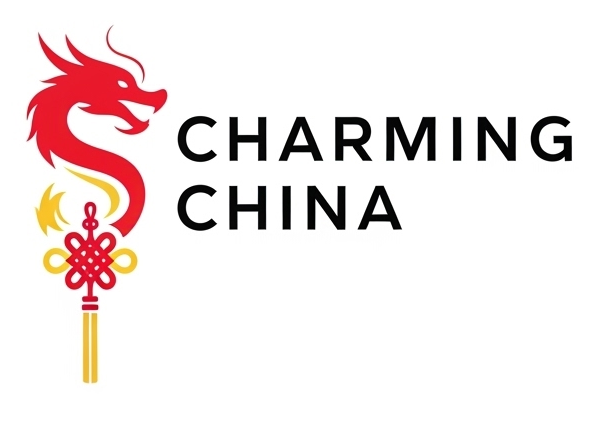Chinese Festivals
Chinese festivals are more than just holidays—they are a vivid expression of the country's deep cultural roots, seasonal rhythms, and family values. For thousands of years, these celebrations have woven together stories of ancestors, mythical heroes, celestial cycles, and everyday life.

From the firecracker-filled Spring Festival to the moonlit poetry of Mid-Autumn, Chinese festivals offer a window into the heart of traditional Chinese life and the philosophy that shapes it.
What Makes Chinese Festivals Unique?
Unlike many Western holidays that center around a single day, Chinese festivals often span several days and are deeply tied to the lunar calendar. They are filled with:
- Symbolic Foods – Like dumplings for wealth, or mooncakes for reunion.
- Rituals and Offerings – To honor ancestors or protect against evil spirits.
- Myths and Legends – Many holidays are based on ancient folktales, such as the love story of the Cowherd and Weaver Girl (Qixi Festival).
- Cultural Performances – Including lion dances, dragon boat races, lantern displays, and traditional opera.
The Major Chinese Festivals
Here’s a quick look at some of the most iconic celebrations:
| Festival | Date (Lunar Calendar) | Highlights |
|---|---|---|
| Spring Festival (Chinese New Year) | 1st day of 1st lunar month | Family reunion, firecrackers, red decorations |
| Lantern Festival | 15th day of 1st lunar month | Lanterns, sweet rice balls, riddle games |
| Qingming Festival | April 4–6 (Solar Calendar) | Tomb sweeping, ancestor worship |
| Dragon Boat Festival | 5th day of 5th lunar month | Dragon boat races, eating zongzi |
| Mid-Autumn Festival | 15th day of 8th lunar month | Mooncakes, moon gazing, family gatherings |
| Double Ninth Festival | 9th day of 9th lunar month | Climbing mountains, honoring elders |
Beyond the Big Festivals
China is home to 24 solar terms, several minor festivals, and regional traditions that add richness and diversity to the national calendar. Whether it's eating Laba porridge in winter or hanging mugwort leaves on Dragon Boat Day, every season carries its own rituals.
Festivals in Modern Life
In today’s China—and among overseas Chinese communities—festivals are adapting. Cities host parades and fireworks shows, young people mix modern trends with old customs, and traditional values continue to thrive in contemporary settings.
Even non-Chinese people around the world now join in celebrating Chinese New Year, sharing dumplings, wearing red, and learning about Chinese calligraphy, tea, and storytelling.
Why Learn About Chinese Festivals?
Understanding Chinese festivals isn’t just about learning dates or dishes. It’s about:
- Appreciating a 5,000+ year-old civilization
- Connecting with Eastern philosophy and its emphasis on nature, family, and balance
- Gaining insights into China’s national identity and values
Whether you’re a traveler, student, or cultural enthusiast, the world of Chinese festivals offers endless wonder.
